Talking about love, have you wonder why Chinese parents don’t often say, “I love you” to their kids? If they don’t say “I love you” then how do Chinese parents express love to their kids? What do you think?
Today, I’m excited to talk about parents and their love for their children.
Table of Contents
* Please scroll down to download the Freebies
My Chinese Experience
For my generation and in family, “I love you” wasn’t a commonly used phrase, especially from my dad. My father also never said “sorry” because he was the pride and power of the household – he is a very traditional Chinese man. On the other hand, my mother’s passion for learning made her more opening minded and willing to try new things, so she would often tell me how much she loved me when we were alone together. I am very fortunate to have such a wonderful family.
Once my mother told me that my grandma would never allow my mother to do any household chores. I was shocked, but my mother guessed this was my grandmother’s way of showing my mom love. Now, my grandma won’t allow my mother to pay for meals when they go to a restaurant together. Not surprisingly, my grandmother would never say “I love you” to my mom.
When I was a teenager, I was busy with school, piano classes, badminton practices, church activities, and my friends, so I didn’t spend a lot of time at home like a normal teenager. My mom always enjoyed talking with me growing-up, so during this time when I wasn’t home much to talk, she would leave me notes and sometimes letter on my desk instead. When I went to college in Hawaii, she would write to me handwritten letters and send me emails. I would also “try” to do the same thing when I had time, but I would always make the cards for special dates birthdays, Mothers’ Day, and Fathers’ Day), and send them physical copies of photos of my college life because I knew they loved to see my photos.
Now, I am a mother of three. Even though we moved back to Hong Kong a few years ago and we live close to my parents, we only get to see them maybe once a week max because of their busy work schedules and my “weird” family schedule. Thanks to technology we can still send simple messages, photos and videos using our WhatsApp group, and we also ‘like’ each other’s pictures on Facebook. I never would have imagined that this is how we would communicate!
My Western Experience
I still remember the first impression I got in Hawaii: everyone, even strangers, was super friendly. When I left my room, every single person would say “Aloha” and smile at me. At first, it was weird and awkward, and I had to force myself to smile back even though I didn’t feel comfortable looking at people. As time went by, my attitude changed and saying Aloha with a smile was something I naturally did at school or work. I felt great, and I think it made other people feel good too.
Chinese people don’t often make physical contact with each other, so I am most comfortable simply shaking hands or just nodding my head at people. For this reason, it felt so awkward and strange when my non-Asian friends would hug me. It was even worse when a guy would pat my shoulder or head – that is something only boyfriends and girlfriends do! Again, after a period of adjustment, I became more comfortable with these greetings as well.
When I was on my full-time mission for the LDS Church, I served in Washington D.C. and parts of Maryland, speaking English, Cantonese, and Mandarin. One of the most shocking experiences I had was when I young man kissed me on the cheek as I greeted him at the front door of the DC Temple Visitors’ Center. This is how it happened. As he opened the front door, I extended my hand to shake his hand as I welcomed him inside. As he shook my hand, he also pulled me close and kissed my cheek. I stood there in shock as he said thank you and entered the Visitors’ Center. After that, I was told that in the Hispanic culture, this is a common form of greeting. Serving on the East Coast, I was able to experience all kinds of interesting things from different cultures. I loved it.
How do Chinese Parents Show Their Love?
The Chinese express love not by words and expression, but through actions.
There is a phrase in Chinese “行動勝於言語/行动胜于言语 /xínɡ dònɡ shèng yú yán yǔ” that has the same meaning as “actions speak louder than words.” I have seen this a lot from observing my friends’ parents. They would show their love through action, like cooking food, giving their kids what they want and need (including money), asking about their day, and taking care of their kids when they are sick. My parents were the same; they were always worried if I was wearing enough clothes in the winter or concerned about me getting sick from sitting under the air conditioner. They also tried their best to work hard and keep our home organized and clean, so that my sister and I could focus on our studies.
It’s not that they don’t love their kids, but they express it differently.
Why do Chinese Parents Express their Love This Way?
[Ancient Chinese parents picture]
A scene from the Song Dynasty Illustrations of the Classic of Filial Piety (detail), depicting a son kneeling before his parents (Sauce)
There are many reasons why Chinese parents are like this. These are some of the reasons I can think of, but if you have any other ideas, please let me know in the comments below.
1. Lose Face => become equal in the social hierarchy
In Chinese history, hierarchy and kinship were deeply integrated into the Chinese family structure. Confucius preached that showing respect to the elderly is the most important thing in any relationship. The elderly not only included grandparents but also parents, aunts, uncles, and teachers – basically any relatives or friends that are older than yourself. To show respect to the elderly, one should obey them in all things and accept everything they say is correct.
The problem with love and losing face is that love will pull people closer without any consideration for age, experience, background, and culture. By saying “I love you” to their kids, parents may feel like they are getting too close to their children and may become the same level as their kids which would be a bad thing because they need to maintain their hierarchy and power. Chinese parents can’t be “friends” with their kids. They need to be parents 24/7.
2. It is awkward and strange to say because it is not a common phrase.
YES! I feel the same way! Since no one says “I love you” aloud, the Chinese feel uncomfortable saying it. We just don’t have enough practice saying it in our culture, so it doesn’t feel normal.
3. Just saying ” I Love You” doesn’t prove anything
We all know it is important to keep our promises, right? I think Chinese parents use this as an excuse to not say “I love you.” Instead, Chinese parents show their love through actions like taking care of them and giving them gifts.
These are just a few reasons I could think of, so if you can think of any more, feel free to leave a comment below.
Actions + Words = Healthier Life
I have an interesting background because I was born into a semi-traditional Chinese family but I went to college and served a mission in Western culture. Additionally, I married into a semi-Western family. Is it hard sometimes?
Yes. There are no perfect families or cultures, so I am grateful for the opportunity to use both cultures to help me learn and grow.
Through my experiences with both cultures, I have been able to really think about what I want for my own family. I’ve had to ask myself what I think is the best for my multicultural kids to experience and to learn about love, and this is the formula we strive for in our family:
Showing our love through actions +
Expressing our love with words =
A healthier way to help others to feel loved
Only showing love through actions won’t be enough to develop a deep, intimate relationship with your loved ones. Parents can’t only show their love by cooking and caring for their kids and not tell them how they feel. The kids will just think these things are the parents’ responsibilities and not expressions of their love for them.
I am who I am, so I am still learning to express my love through words. It is so much easier for me to show my love by doing something for my husband and kids, so I’m glad my kids often remind me by saying “I love you” to me. We also hug, snuggle, and kiss each other. I’m grateful for my young kids, and even though I still have to take care of so many things for them, they are still at that wonderful age where they will regularly hug me and tell me that they love me. Let’s all try to be better at loving each other and accepting love from others. We all deserve it!
Freebies: Chinese Valentine’s Day Cards
Love is in the air!
I made a set of Chinese Valentines’ Day Cards (7 versions) for you.
- Traditional Chinese
- Traditional Chinese with Jyutping
- Traditional Chinese with Pinyin
- Traditional Chinese with Zhuyin
- Simplified Chinese
- Simplified Chinese with Pinyin
- English ONLY
There is a total of 24 Valentines’ Day cards with 8 different designs.
They are also divided into 3 levels (from age 3 up to age 5), so even little kids who just started writing their names can also write Valentines’ Day cards for their friends and families.
{Click the image to see all 3 levels)
Want to try the FREE version? Fill out the form below and sign up!
If you have already subscribed to my email list, you can find this freebie in the Chinese Resource Library.
You Might be Interested
Homeschooling/ Teaching Chinese at Home Tips
- How to Start Teaching Chinese at Home
- An Interview about My Homeschooling life in Hong Kong
- How to Write a Year-Long Bilingual Homeschooling Plan (Series of Blog Posts)
- How to Create a Language Rich Environment to Learn Chinese at Home
- How I Motivate my Children Reading in Cantonese and English
- Writing Chinese Characters: 10 tips for teaching young children how to write Chinese characters
- Ten Best Activities You Can Do as a Family to Enhance Chinese Learning
- Homeschooling in Hong Kong: The Fortune Cookie Mom from Honey! I’m Homeschooling My Kids
Chinese Printable & Resources
You Are Not Doing it Alone
Join my Facebook support group to meet and get connections with parents and educators with the same goals.
After being a member, you can attend all the special LIVE training, events, and activities together.
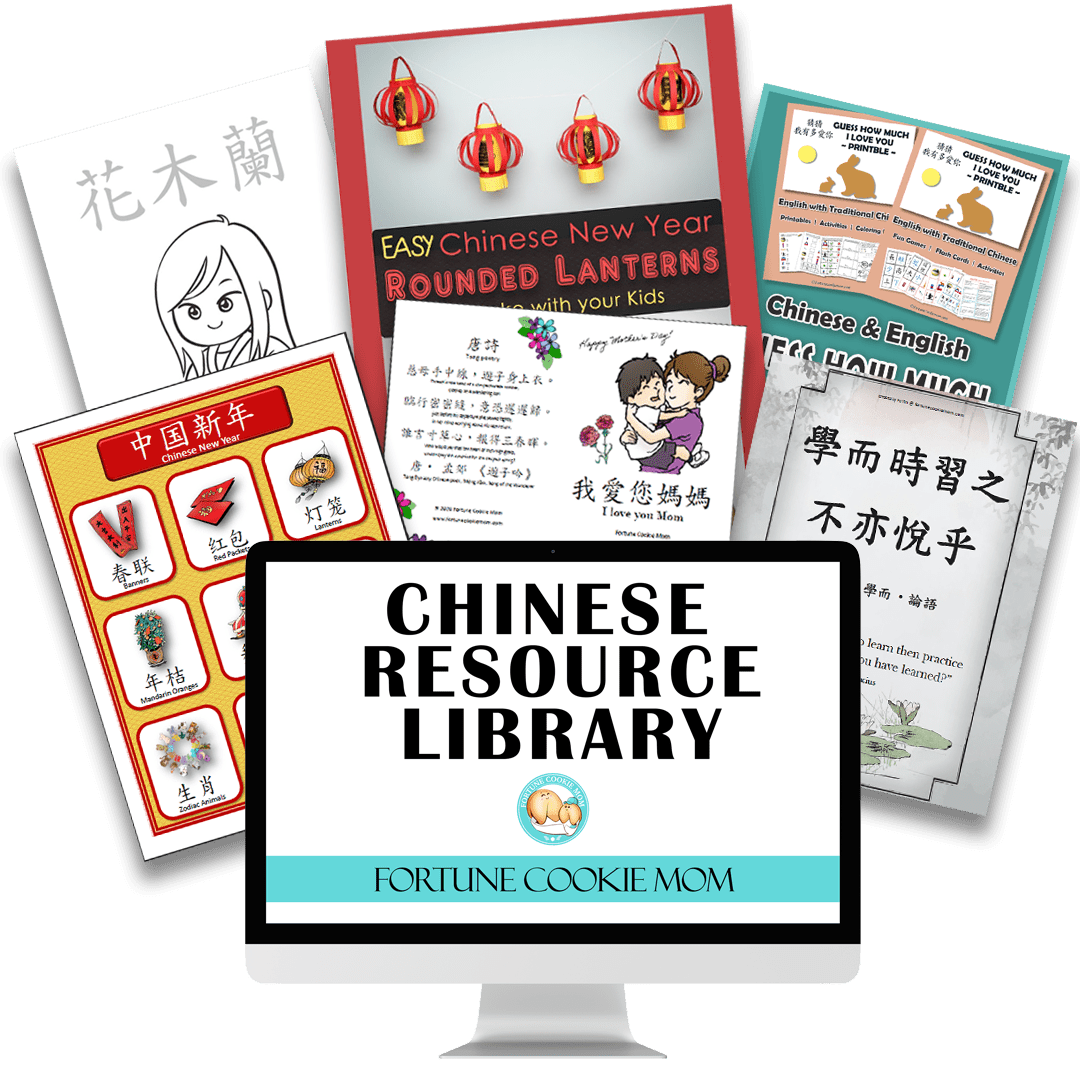
身为职业妈妈的我,常常牺牲睡眠来自作教材。版主全方位学习的新年教材真让我省下不少宝贵的时间找资料。四岁的女儿对中文学习有点抗拒。我们善用版主提供的迷你故事书和生字卡来增强她对语文的认识。版主的中文单词棋盘游戏更让女儿投入学习, 因为她想赢嘛!版主的教材可让小孩边玩边学, 太棒了。
This is the second 5-Day Challenge that we have done with Fortune Cookie Mom. Both have been very beneficial to our family. I am a homeschool mom of three little kids. We are not Chinese and do not speak any Chinese. With the help of Fortune Cookie Mom, we are slowly learning! The challenges have given me fun activities to do at home with the kids. Each one has reignited my kid's interest in learning. It has been a fun experience for everybody!
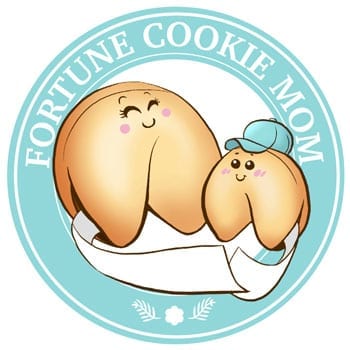


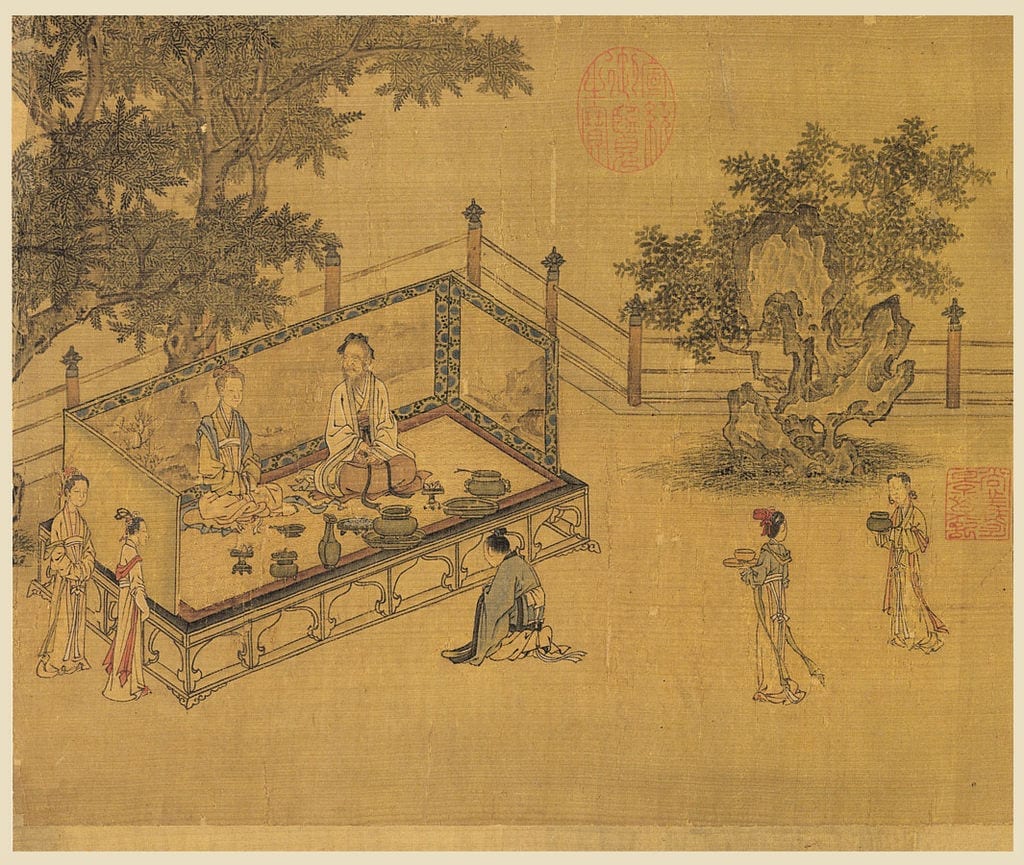

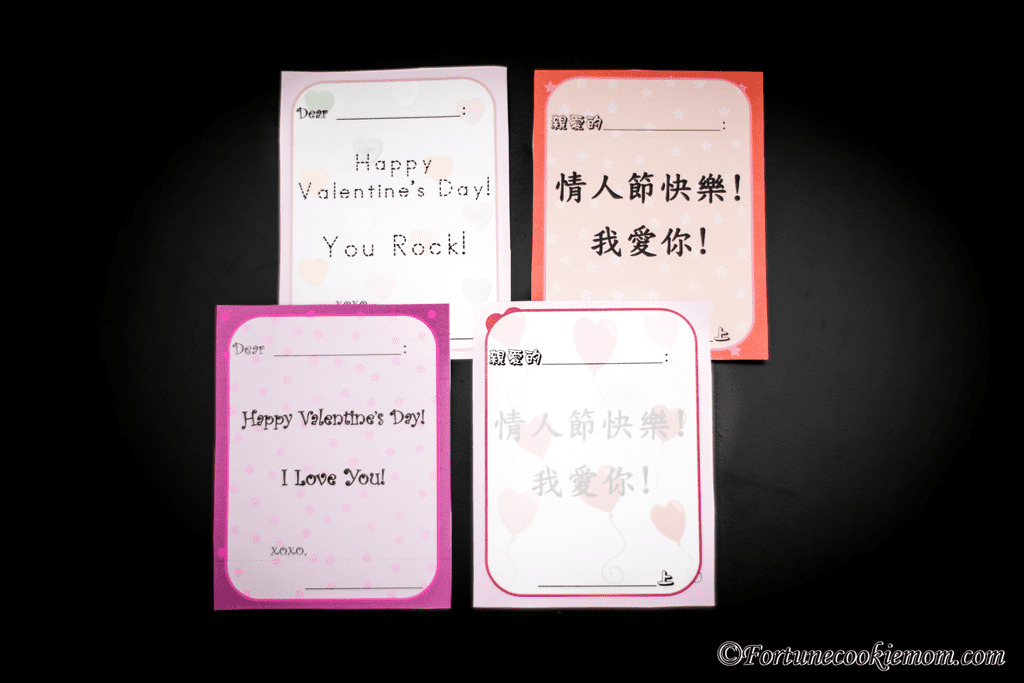
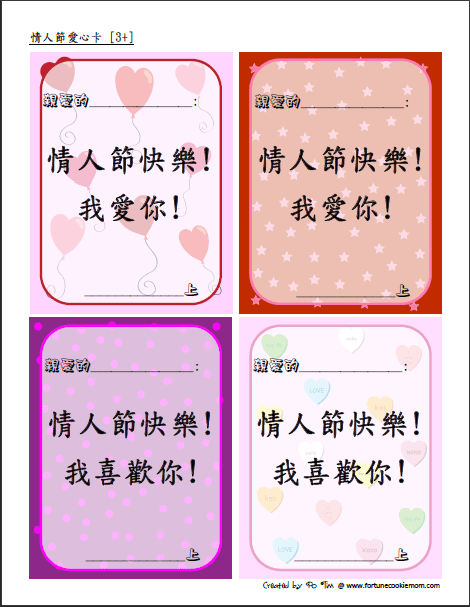

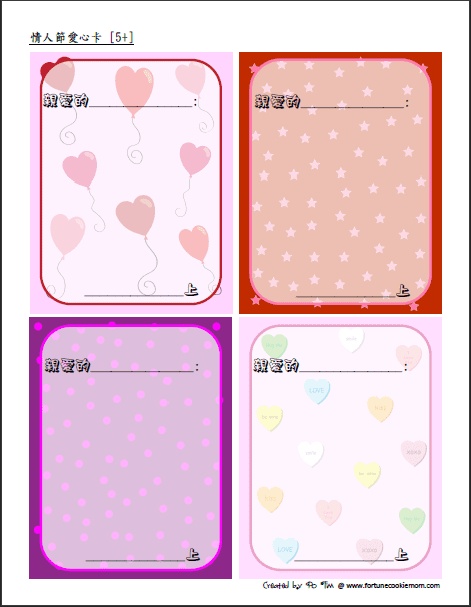
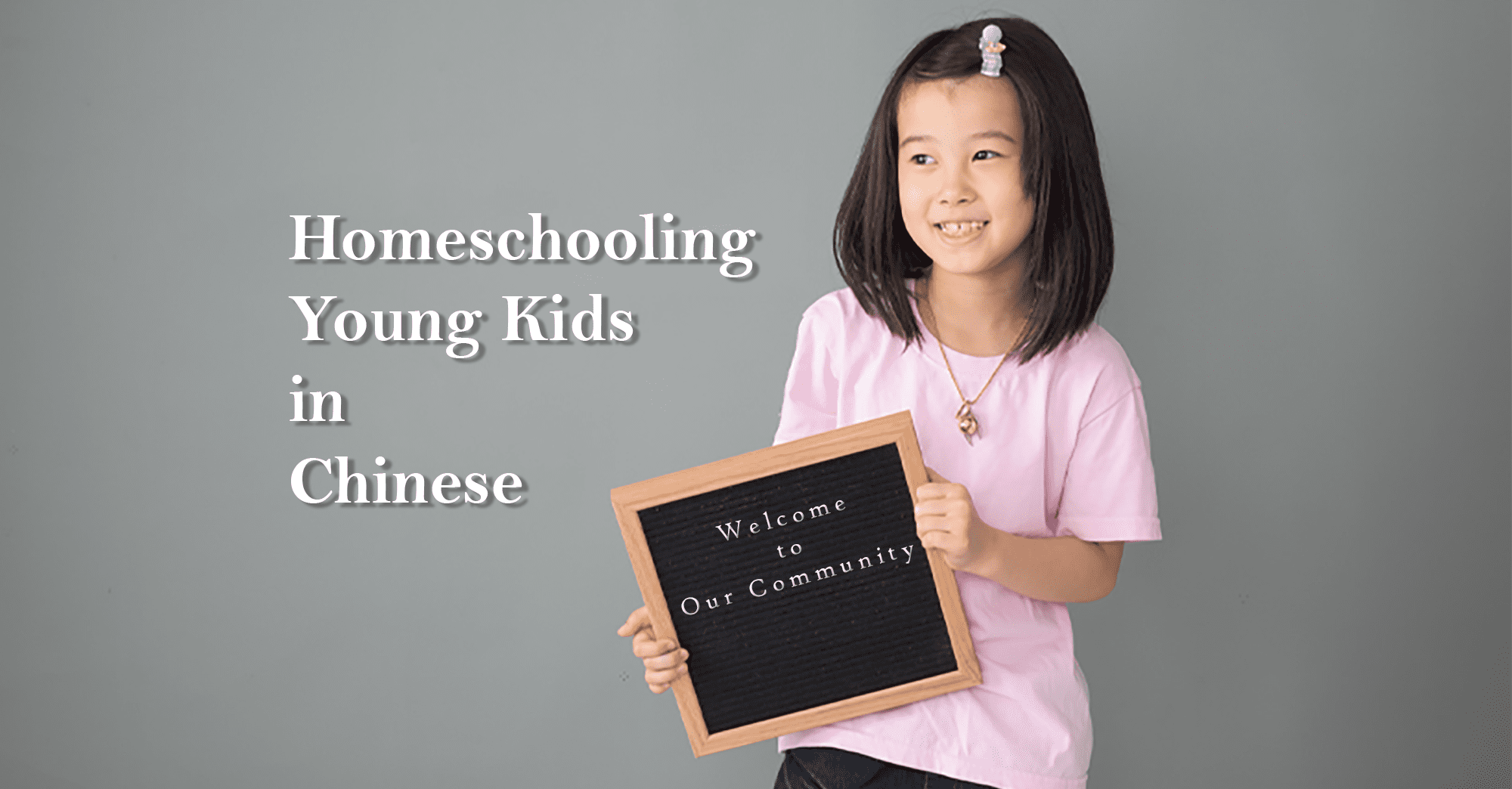

Thanks for this great article!
Expressing your love is important not just because it helps you become a better person, but also because it allows you to establish strong and honest relationships with other people.
Please read my blog about The Importance of Expressing Your Love
Hope this will also help, Thank you!
Thank you. Lovely article from you as well.